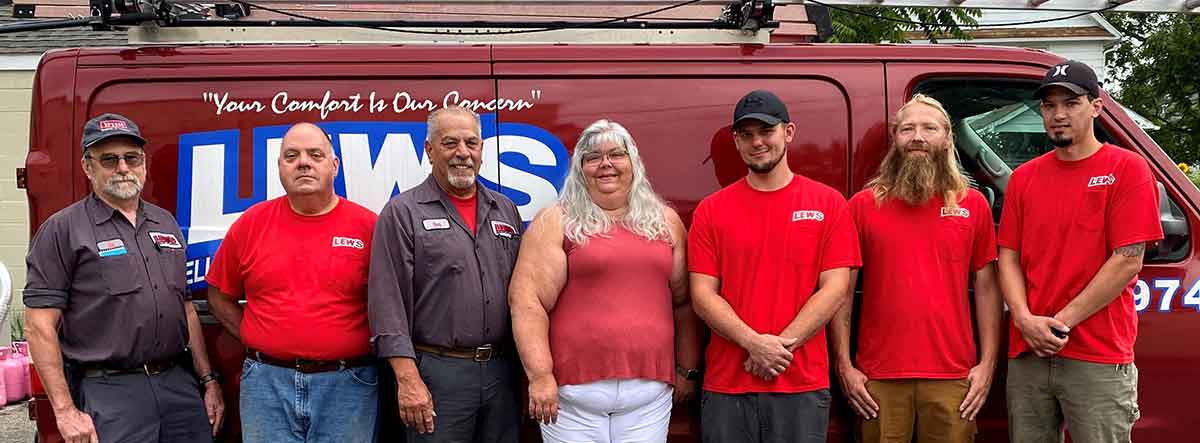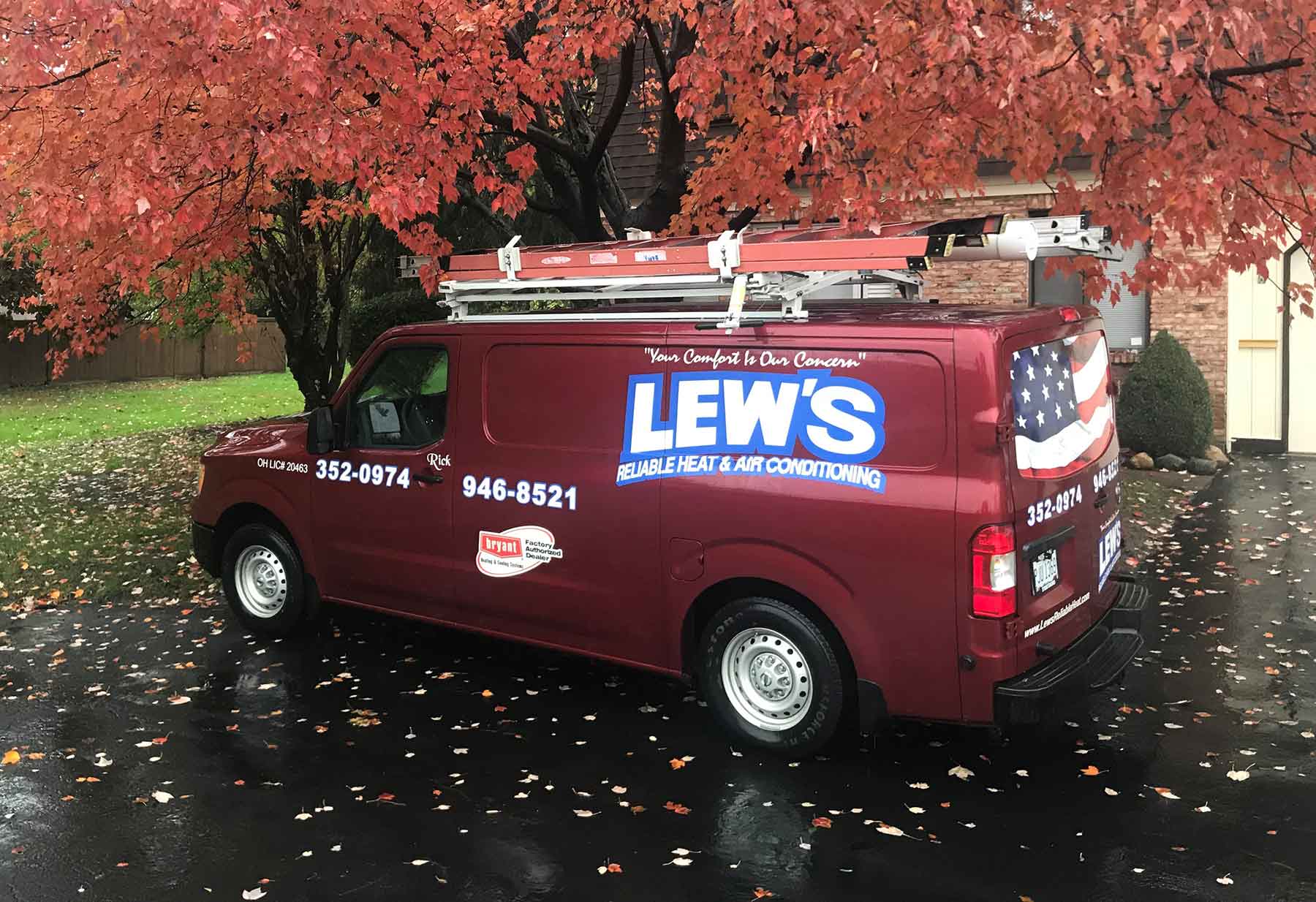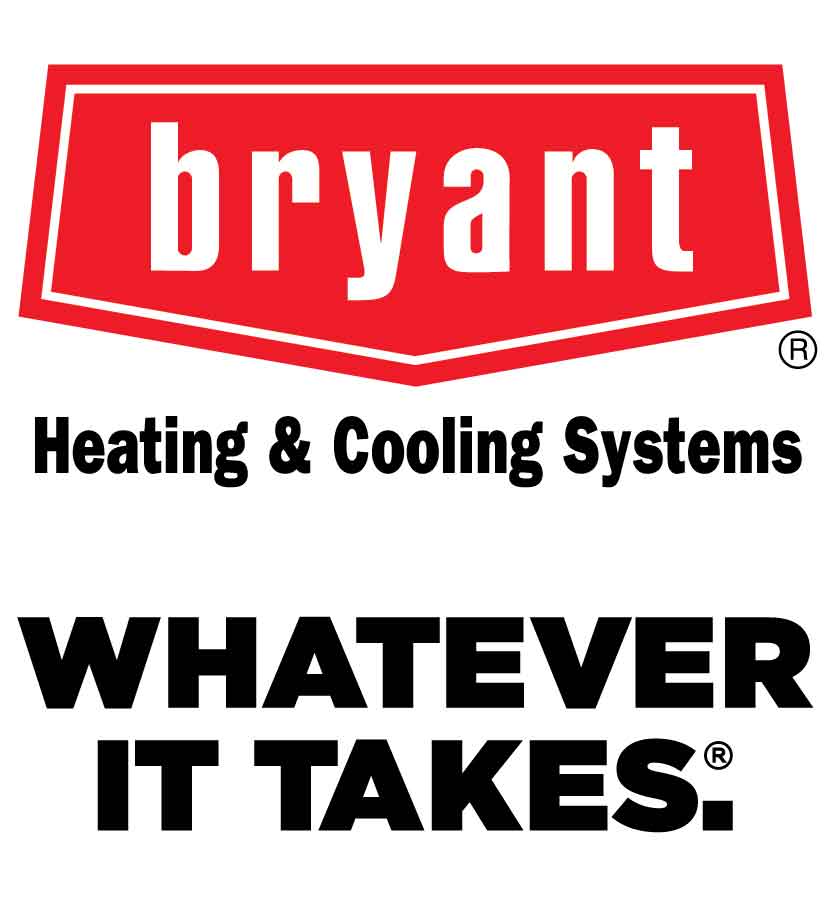Homeowners have debated the benefits of a tankless water heater over a traditional tank style since the tankless water heater was introduced. Tank water heaters in the appropriate size will easily service an entire household but tankless water heaters save money by providing hot water on demand.
The fact is, both systems have advantages and disadvantages so answering the question of which is better is nearly impossible. Ultimately, the decision comes down to which is better for you and your family. A little research is helpful if you are in the market for a new water heater.
Your hot water source
The traditional water heater is basically a holding tank. You purchase one that is the appropriate size for your family’s water usage, accounting for showers and baths, loads of laundry, dish washing, and other hot water demands typical of your family. The water is kept hot in the tank and replenished as it is used, with the goal of hot water always being available when it is needed.
Tankless water heaters are heating units mounted on a wall and attached to your water line. The system draws cold water into the heating unit and heats it instantly when you turn on the tap. Wherever and whenever you need hot water, it is provided on demand.
Homeowners have enjoyed significant energy savings using tankless systems since there is no need to keep a tank full of water hot. Also, there is no risk of the water tank running dry and having to wait for it to refill and heat up. But tankless systems have limitations too.
Consider the following when you choose your water heater.
Tank vs. tankless
- Energy savings – Tankless heaters heat only the water you need. Tank style waste energy keeping a tank of water hot all the time.
- Continuous hot water – Tankless heaters always provide hot water. Tank style may run out of hot water if demand is high.
- Service for large families – The small tankless systems that are most common can generally serve only one faucet, shower, or appliance at a time. Larger families will need more than one tankless unit to ensure demand is met. Tank style heaters can serve multiple faucets and appliances and are available in large enough sizes to meet the demands of large families.
- Space consideration – Tankless heaters are the size of a large backpack and mount on a wall. Tank style need floor space in your basement or utility room.
- Water quality – Tankless heaters provide clean water because it is never stored. Tank style units can build up sediment and rust that gets dispensed into your water.
- Purchase and installation cost – Tankless heaters cost more upfront but can recoup that cost in energy savings over a tank water heater. Costs can escalate, however, if you need a larger unit or more than one unit to meet your family’s demand. Tankless also have special venting requirements that must be installed by a professional because of the high-powered burners they use.
The size of your family and their hot water usage habits are key when you consider which water heating system is right for you. Tankless systems can be convenient and a big savings, using up to 50 percent less energy than a tank style heater and lasting twice as long. However, the cost of a large enough system for your family can be a deterrent and purchasing a smaller one could result in frustration.
If you are replacing your tank water heater and considering a tankless system, contact the professionals at Lew’s Reliable for expert installation and the help you need to choose the system that is right for you.




